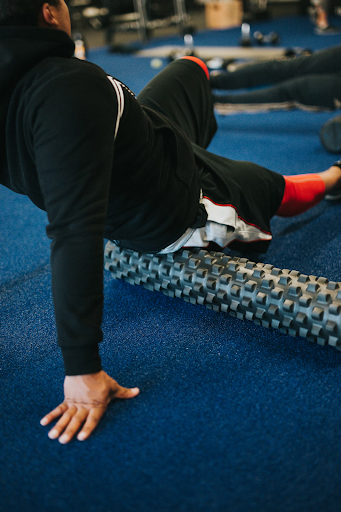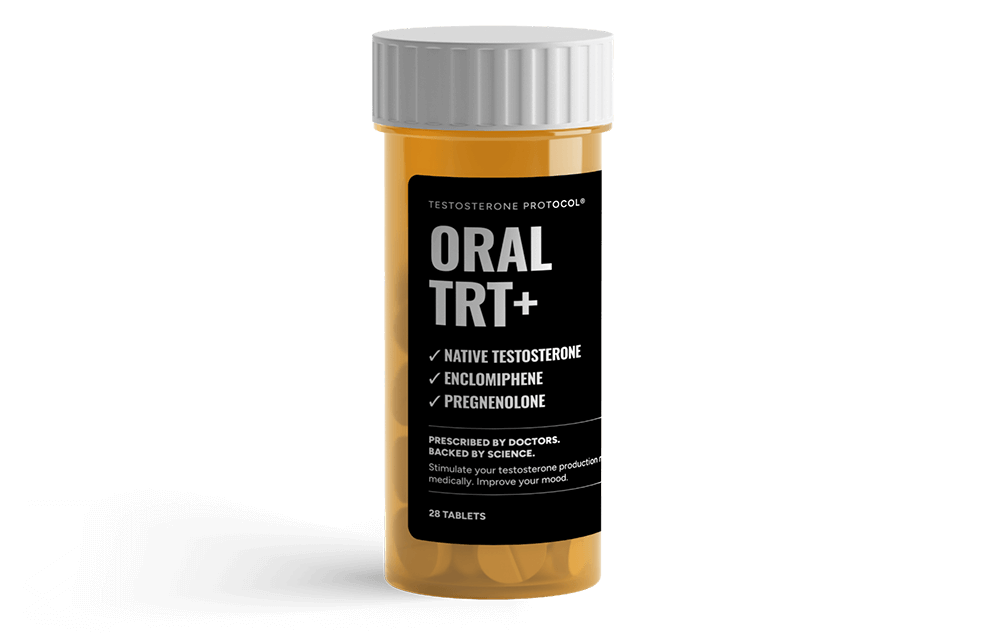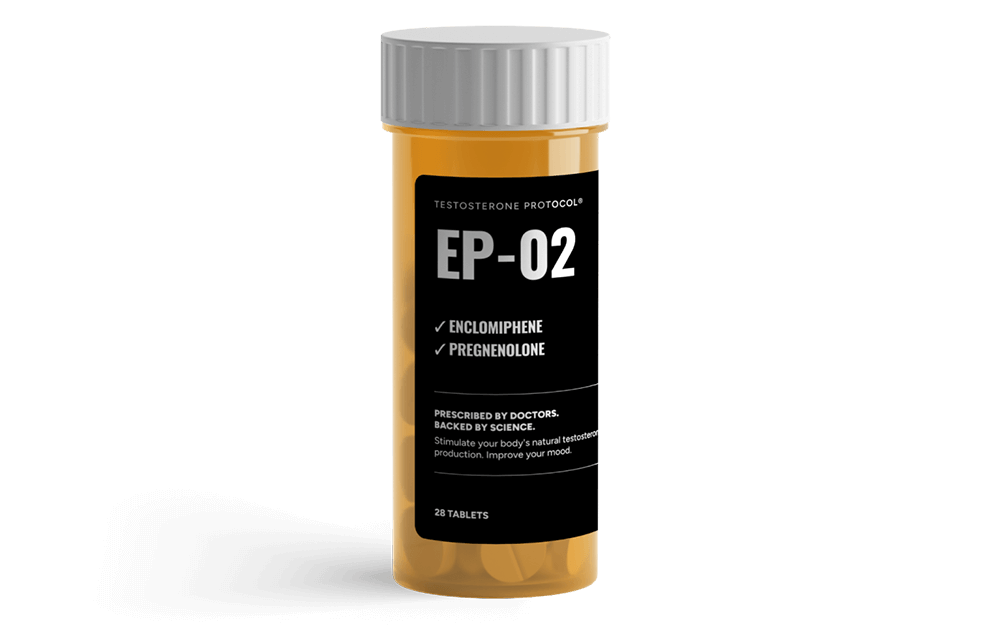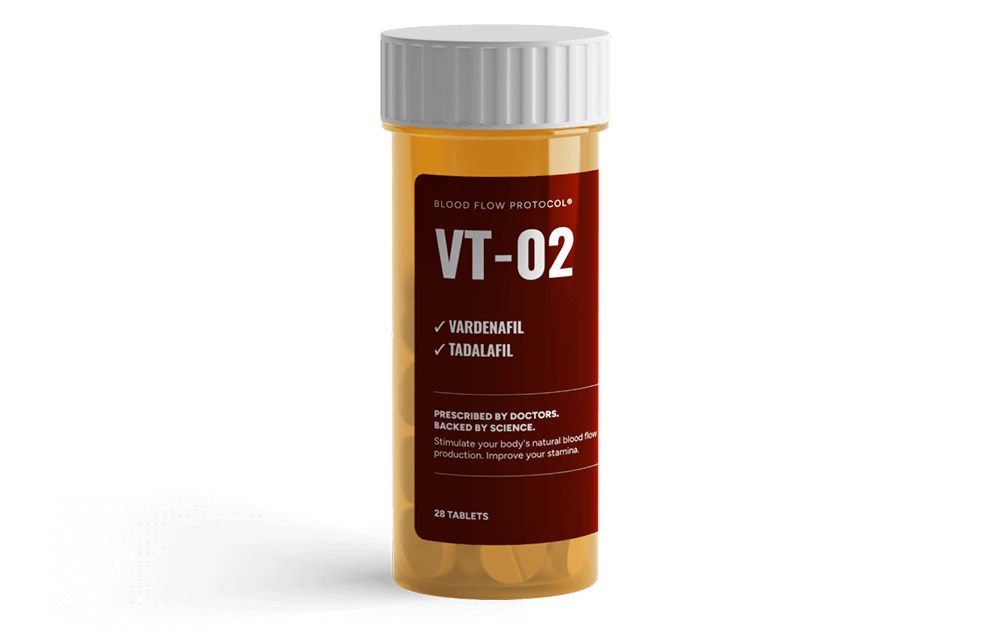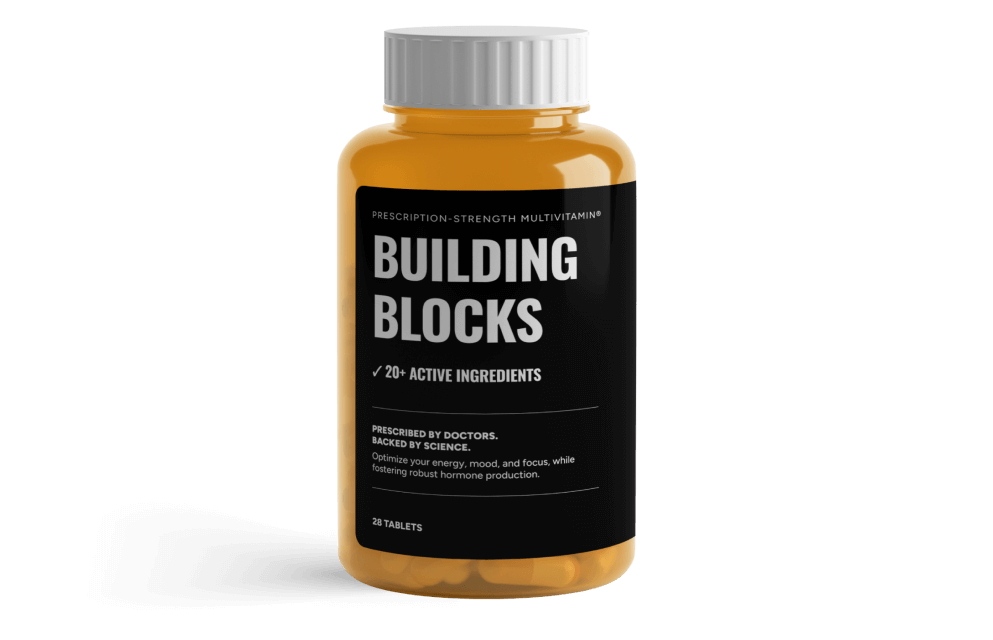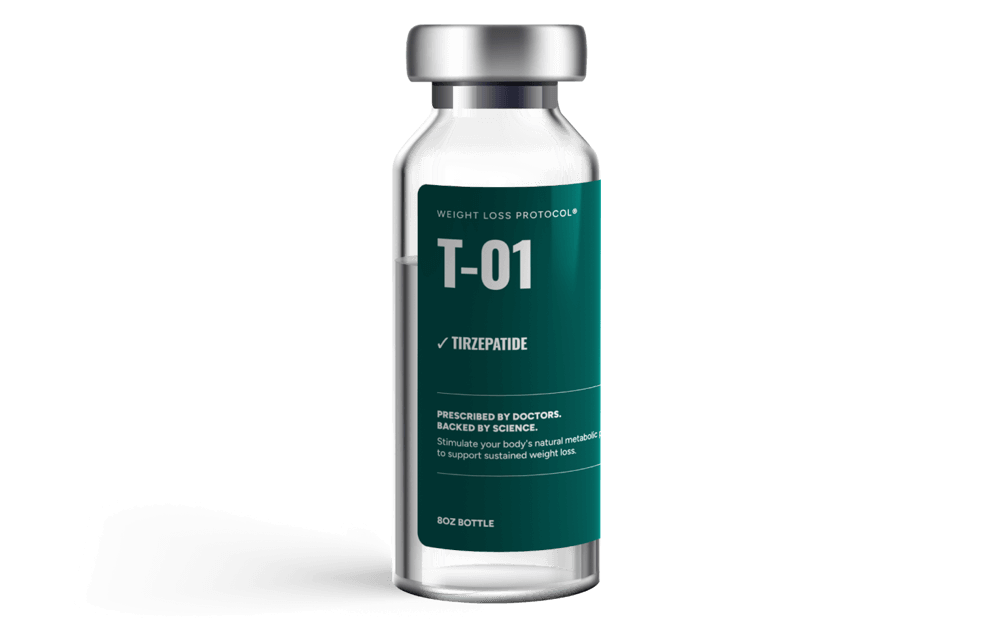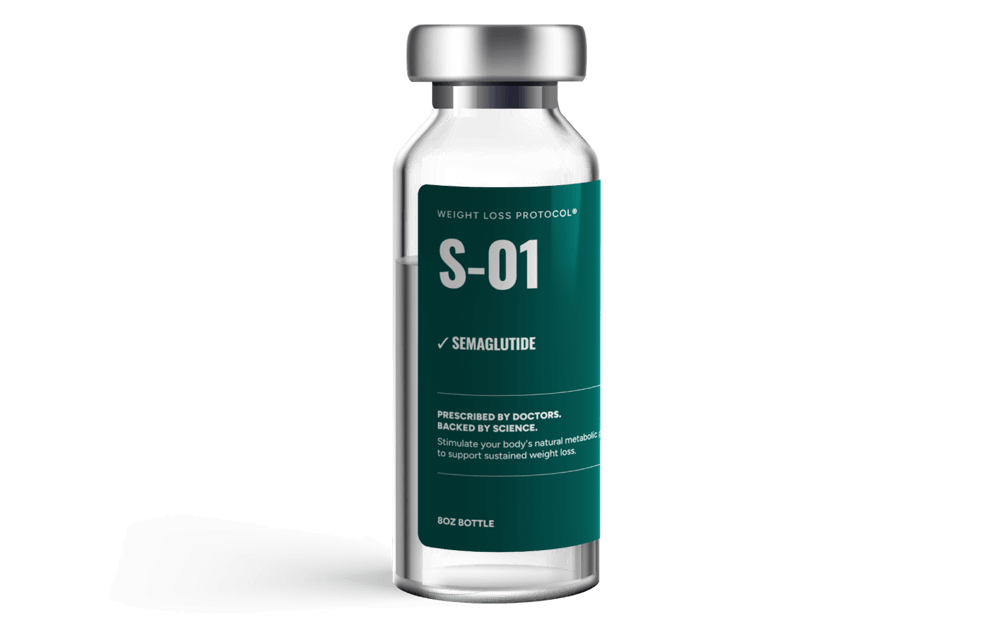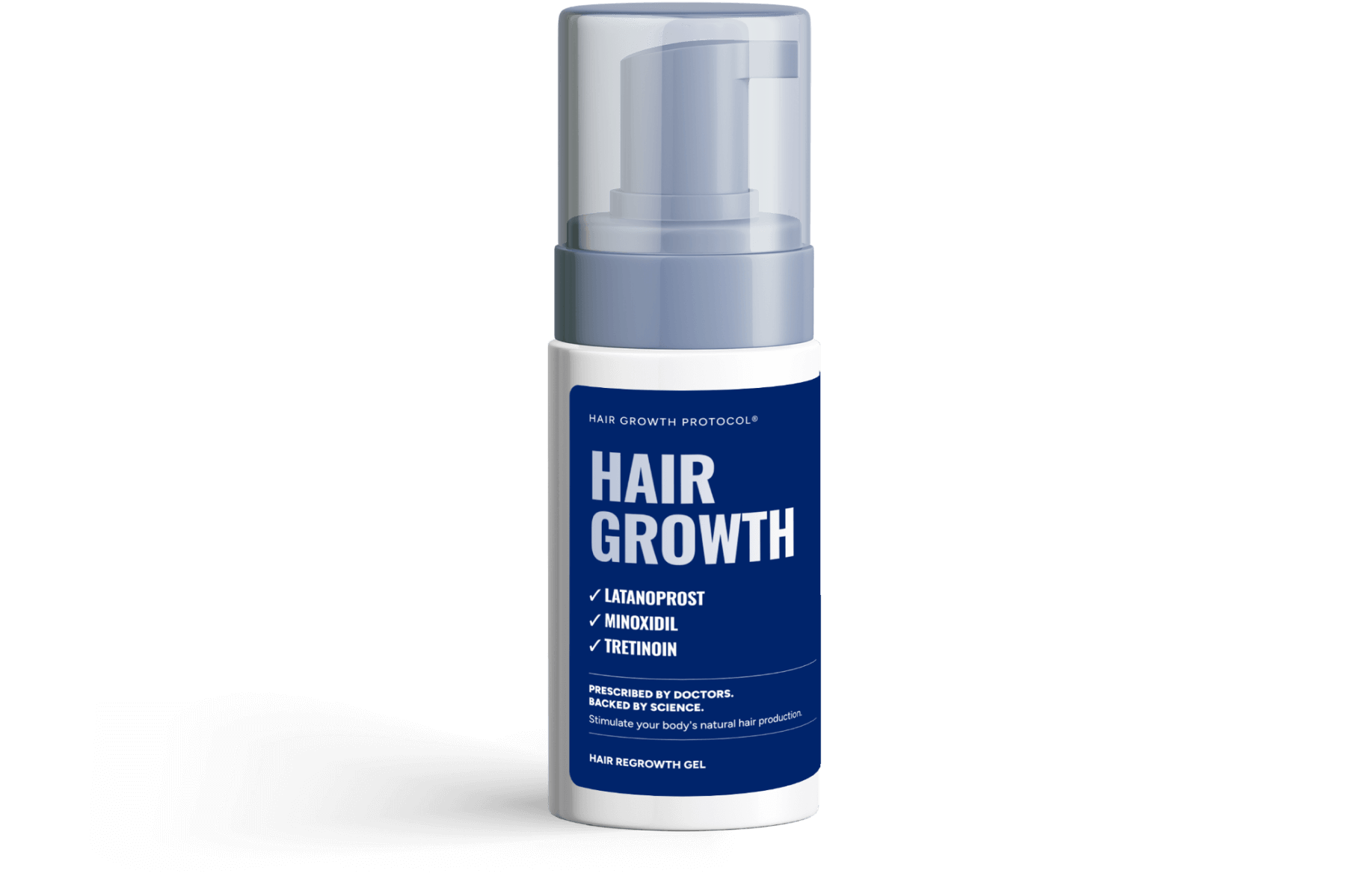Key takeaways:
- Play isn’t just important for children. It’s crucial for your physical and mental health as an adult.
- Participating in regular play is linked to lower stress levels and improved well-being.
- You don’t need to change your whole life to reap the benefits of play. Adding in just a few minutes of playfulness into your everyday life can make a huge difference.
When was the last time you did something that made you feel like you were a kid again? Maybe you jumped into a spontaneous, post-work kickball game in the park or tossed a ball around with your brother and nephew. Fun, right? But let’s be real — there’s a good chance these sorts of activities don’t hold a spot as a regular fixture in your weekly schedule.
With work and family pulling you in every direction, play often takes a backseat to more pressing priorities and the endless quest for productivity. But here’s the thing: making time for play isn’t just a break from adulting — it’s good for you. Research shows it boosts both your physical and mental health. So why not make room for it? Stick with us as we break down why play should be part of your routine and how to get started.
Surprising ways that play can transform your mind and body:
Yes, play is fun. That’s a no-brainer. But besides bringing a much-appreciated slice of enjoyment to your life, there are actual benefits to your social, mental, and physical health. Below, we break down a few of them.
A better mindset: A 2019 study published in the Journal of Social and Personal Relationships linked regular play with a better overall mood.
More supportive relationships: That same study also found that a bit of lighthearted and fun play each day led to participants receiving greater support from their partners. Plus, it keeps things more exciting and fun, too.
Less stress: Research published in the journal Leisure Sciences found that individuals who participated in regular play reported lower stress levels than those who didn’t have regular play in their lives. The former group was also less likely to gravitate toward avoidant tendencies when looking to solve problems.
More satisfaction with life: Regularly participating in this type of play may also increase your happiness. Insights published in the European Journal of Humour Research found that playfulness may lead to greater overall life satisfaction and may even make you more inclined to enjoy different activities.
Okay, but what actually counts as play?
You probably associate play with the after-school activities you participated in as a child. Things like pick-up basketball, biking, skating, video games, water balloon fights, or competing against your brothers in a card game. In reality, as you look to incorporate more play into your life, play doesn’t have to be a set activity. It may be as simple as singing along to your favorite song in the car or throwing a toy to your dog. Or it can be a bit more involved — things like heading out to snowboard with your friends, taking your kids hiking and making up an adventurous game along the way, or playing a board game with your partner.
To get started, it might be helpful to consider your “play type.” A 2017 study published in Personality and Individual Differences found that people fall into one of four categories when it comes to the type of play they prefer:
- other-directed play (playing with others)
- lighthearted play (carefree and improvised-based play)
- intellectual play (play with words, ideas, and problems)
- whimsical play (random or unusual play)
By asking yourself which play type you prefer, you’ll be better equipped to figure out which activities you may want to gravitate toward.
How to actually infuse some play into your life
Stuck on how to step into action and turn this concept of regular play into a habit? Here are some tips, but use your imagination too and find something that truly resonates and brings you joy.
Join a local intramural league: Many cities have intramural sports leagues that anyone can join. Whether you’re interested in kickball, basketball, softball, or even street hockey, with a bit of research you can probably find an activity that appeals to you. As an added bonus, you’ll get to meet and play alongside people with similar interests.
Get your partner, friend, or kids involved: Maybe your child asks you to play hide-and-seek with him every morning or your partner wants to dance around the kitchen as you clean up dinner. Lean into these requests, seeing them as a way to strengthen your relationships, boost your physical or mental health, and experience some joy.
Gamify your workouts: We know as part of the Maximus community, you’re dedicated to keeping your physical health in tact. Regardless of whether you do this through regular outdoor runs or daily weight-lifting sessions at the gym, try to add just a touch of play into your workouts. Consider throwing in some random sprints down a soccer field on your next neighborhood jog or sign up for a cycling class with a leaderboard component.
Throw in just a bit of fun: If all of this sounds a bit overwhelming and unfeasible, try to add just a bit of fun into your everyday life. This could be as simple as humming along to a song as you take out the trash or toying around with a fidget spinner at your desk. Even though these actions may seem small and inconsequential, slight changes can make a big difference when it comes to your health and your overall enjoyment and sense of satisfaction in life.
Dr. Cam’s health hack:
Need a little encouragement to take the leap into adding more playfulness into your life? Consider these words from Dr. Cam:
"It's never too late to have a happy childhood. Adults are just grown up children, and deserve to play and receive unconditional love too."
Disclaimer: The contents of this article, including, but not limited to, text, graphics, images, and other information, is for information purposes only and does not constitute medical advice. The information contained herein is not a substitute for and should never be relied upon for professional medical advice. The content is not meant to be complete or exhaustive or to be applicable to any specific individual's medical condition. You should consult a licensed healthcare professional before starting any health protocol and seek the advice of your physician or other medical professional if you have questions or concerns about a medical condition. Always talk to your doctor about the risks and benefits of any treatment. Never disregard or delay seeking professional medical advice or treatment because of something you have read on this site. Maximus does not recommend, endorse, or make any representation about the efficacy, appropriateness, or suitability of any specific test, products, procedures, treatments, services, opinions, healthcare providers or other information contained herein. Maximus is not responsible for, nor will they bear any liability for, the content provided herein or any actions or outcomes resulting from or related to its use.
